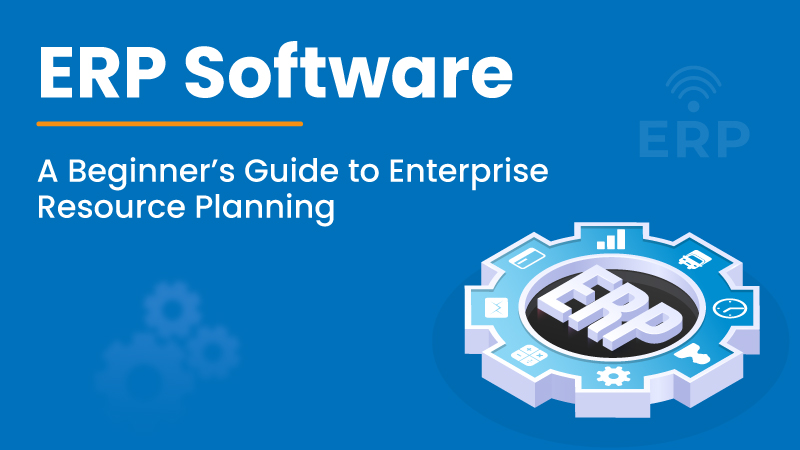Get to Know the Tax Rules If You Are Planning To Invest in FDs

Nowadays, everyone makes investments in one form or another to secure their future. Most people find banks the safest way to keep money, many take risks in the stock market. But as the Covid-19 situation is going on, there is a high risk in stock market investment, banks are also going down in the last few years. But irrespective of the scenario, bank deposits are the reliable choice of investment as it is considered the safest even today. So, if you too are thinking of investing in Bank Fixed Deposits, you must know these tax rules described below related to the interests.
One can keep money in the bank with both Fixed Deposit and Savings Account. Banks offer interest on Fixed Deposits, though its interest rate is very low. In this case, keeping money in the bank with Fixed Deposits gives security to the capital with less return. To this day, many public and private banks are giving less than six percent interest on FD, while it is around 3.5 percent on the savings account.
On the other hand, the inflation rate has been close to 6 percent since the start of the pandemic. Core inflation is also above 5%. Amid that, the important thing to note is that the inflation rate is expected to remain high in the upcoming time. Therefore, if you calculate the return on bank deposits with the inflation rate, you can see the value of your money kept in the bank is decreasing. Note that, if the FDs’ returns rate is higher than the inflation rate, there is a higher return on your FDs or the interest rate of FDs will not decrease.
The interest earned on bank fixed deposits comes under the tax slab. That means you have to pay tax on the interest earned on your fixed deposits. However, senior citizens are allowed a tax deduction of Rs 50,000 on interest on savings and fixed deposits. Bank deducted TDS at a rate of 10 percent if the interest amount exceeds the exempted limit in a financial year. The exempted limit on fixed deposits is Rs 50,000 for senior citizens and Rs 40,000 for non-senior citizens.
Bank offers a negligible interest on the money kept in the savings account, but the interest amount from the savings account is exempted up to a certain limit, that is Rs 10,000 for a financial year. If the interest income exceeds this amount, tax is levied by the bank. So, if you are interested in investing in FDs and a savings account, you must keep in mind these tax rules on interest.

Try HostBooks
SuperApp Today
Create a free account to get access and start
creating something amazing right now!
















